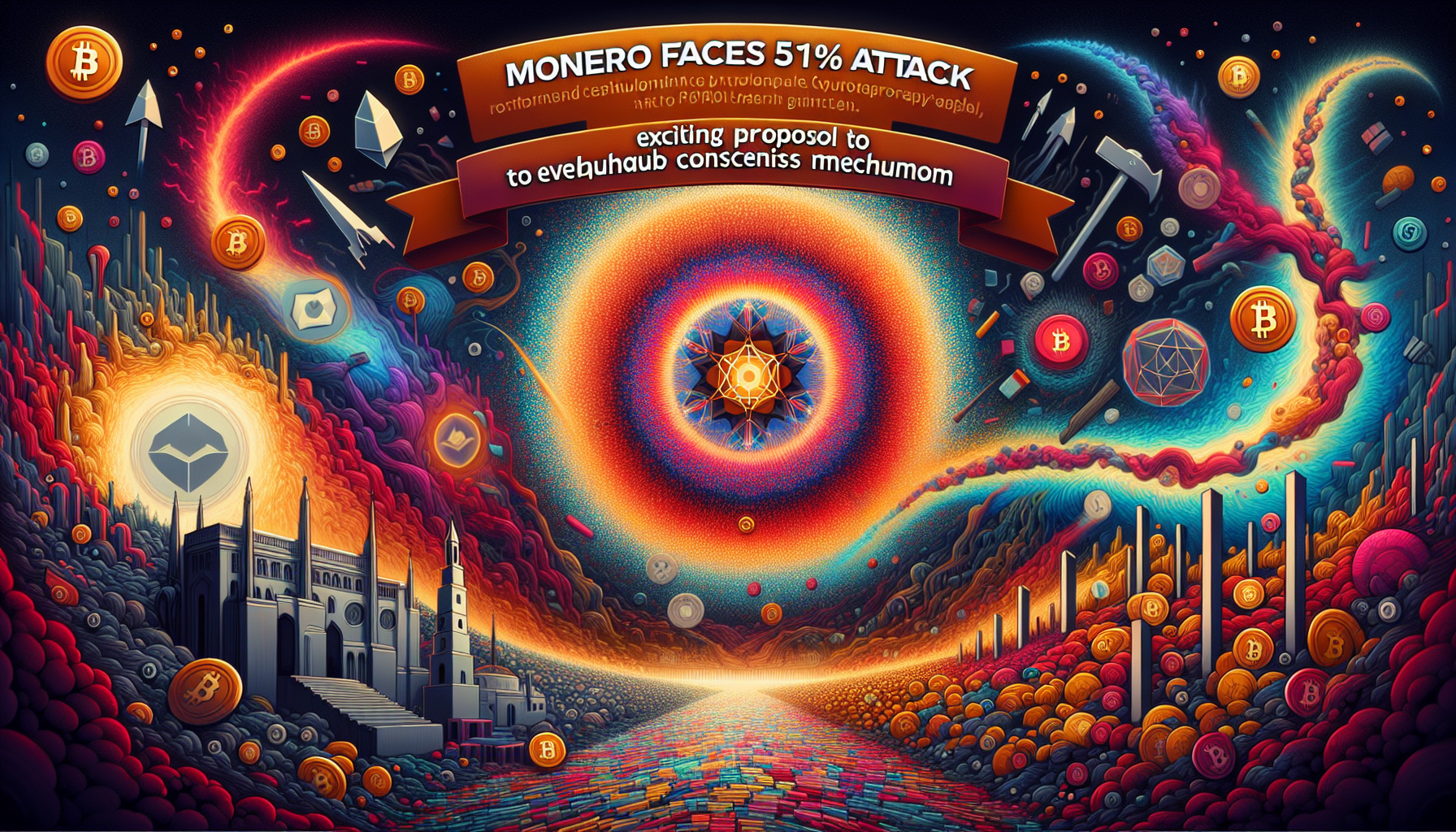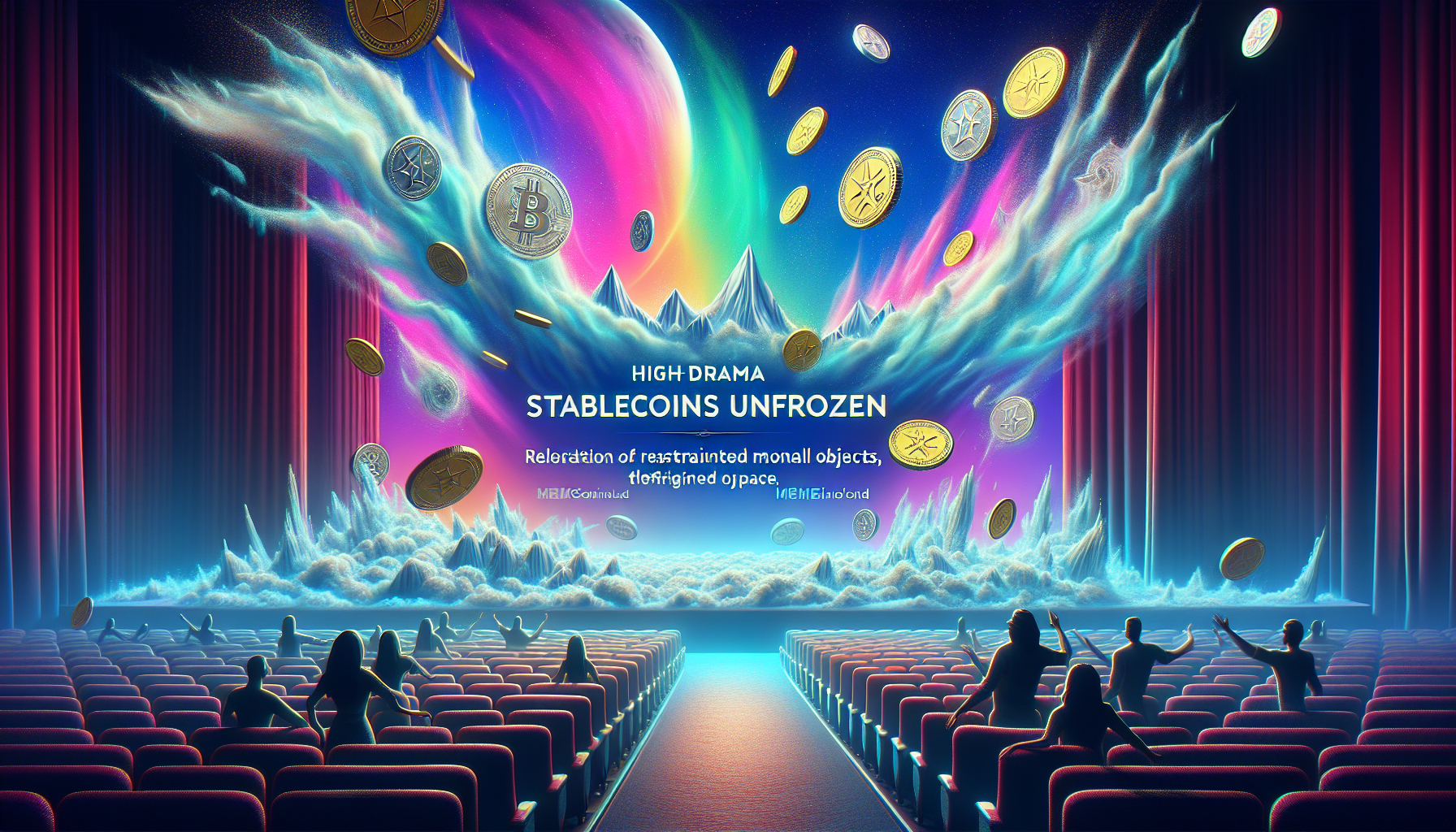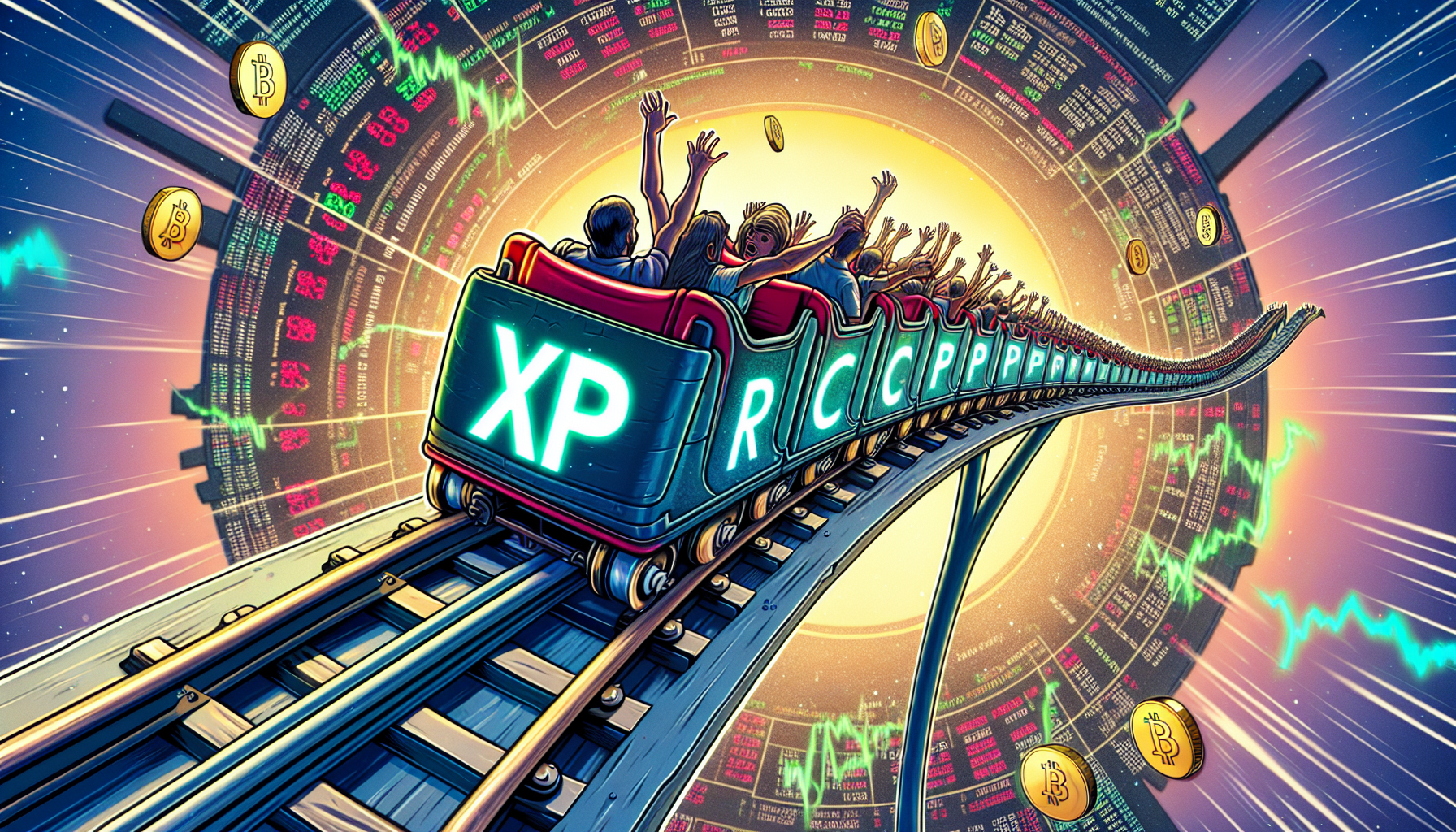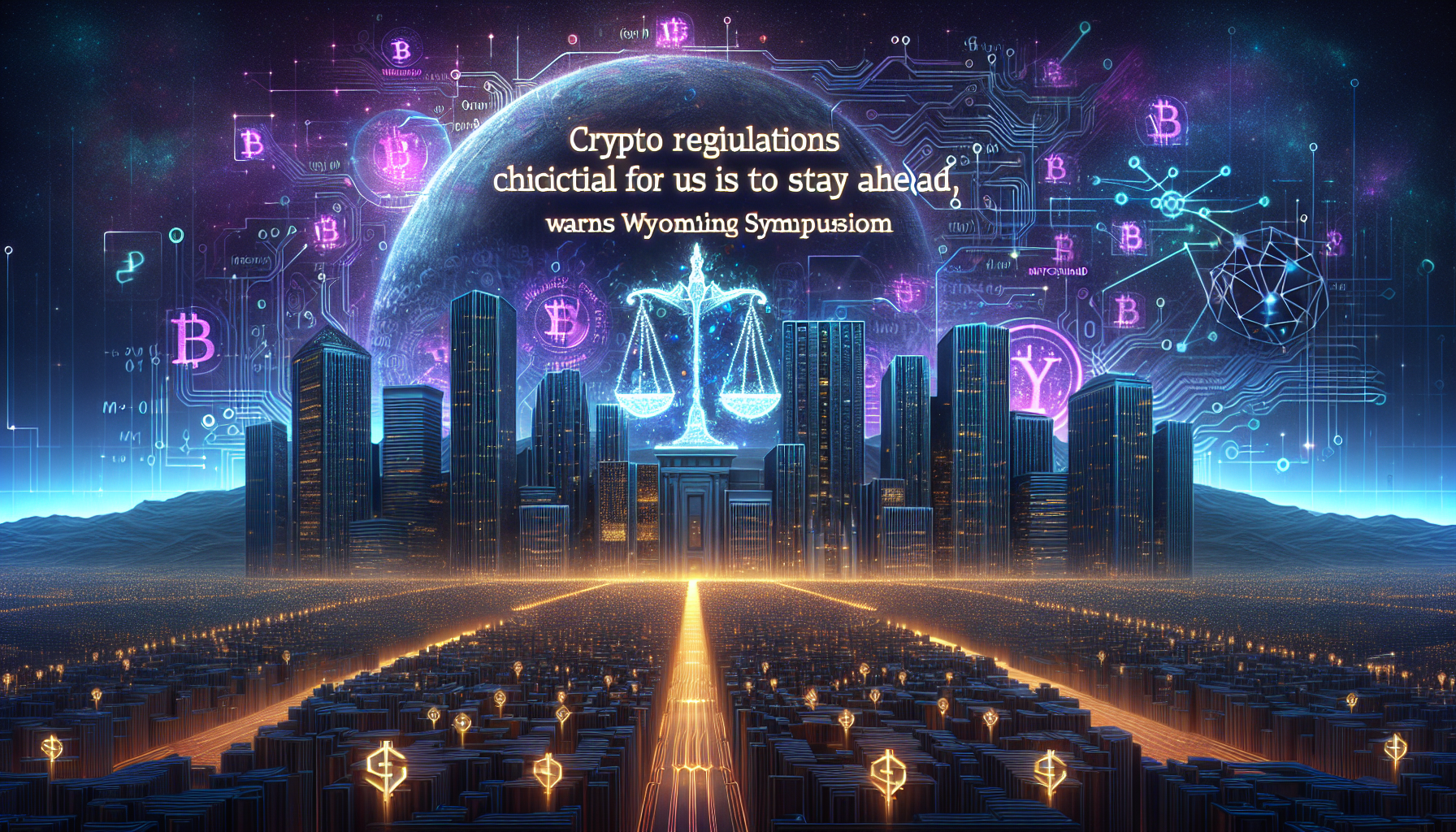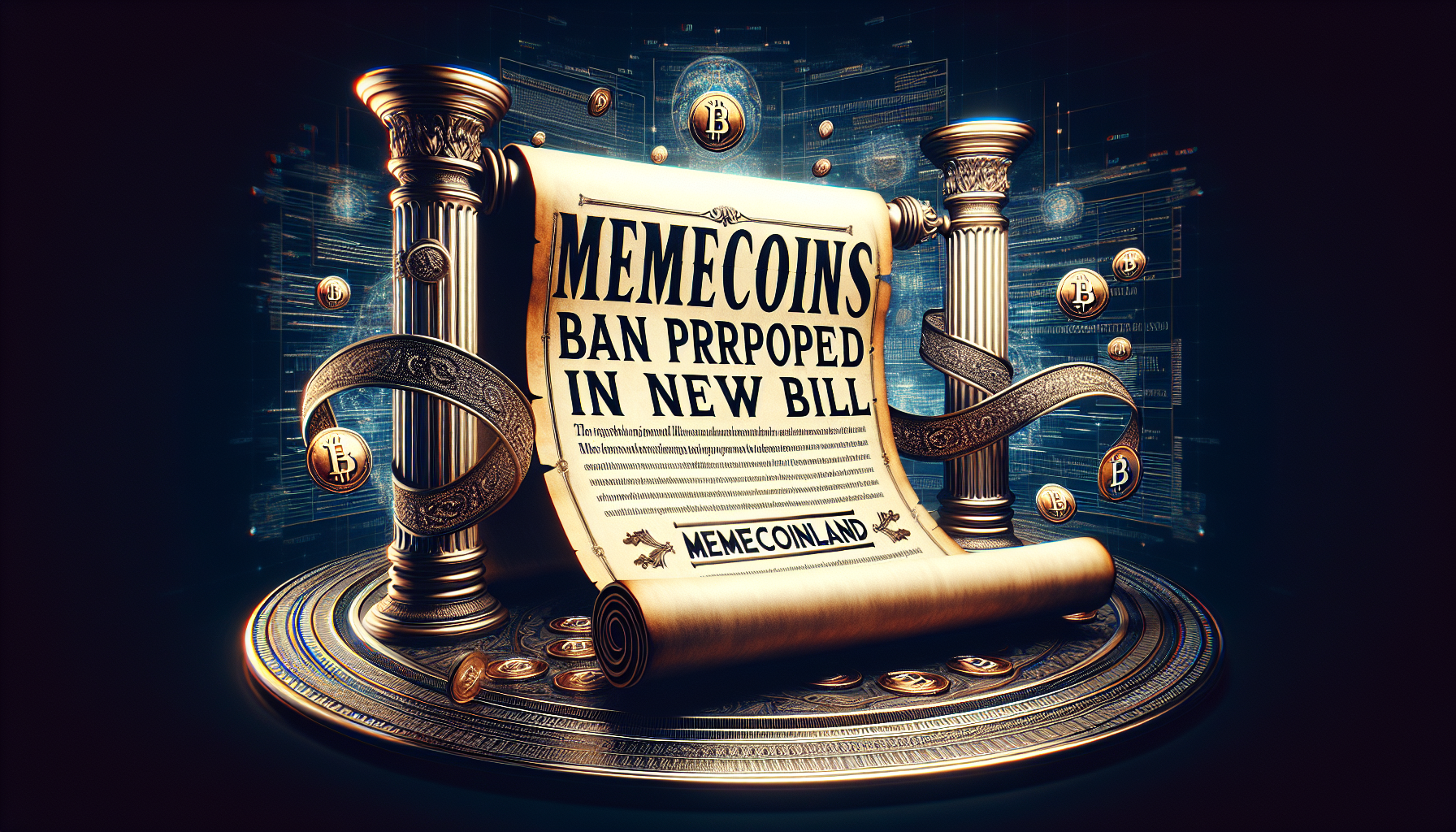 California is buzzing with crypto chatter as Democratic Party Representative Sam Liccardo gears up to drop a bombshell in the crypto world. He’s about to introduce the MEME Act, a bold move that aims to ban public officials from issuing memecoins like TRUMP. This legislation could shake up the meme coin universe, and crypto enthusiasts are watching closely.
California is buzzing with crypto chatter as Democratic Party Representative Sam Liccardo gears up to drop a bombshell in the crypto world. He’s about to introduce the MEME Act, a bold move that aims to ban public officials from issuing memecoins like TRUMP. This legislation could shake up the meme coin universe, and crypto enthusiasts are watching closely.
The MEME Act is Liccardo’s response to the growing trend of public figures diving into the meme coin frenzy. With coins like TRUMP gaining traction, there’s a rising concern about potential conflicts of interest and the impact on financial markets. Liccardo’s proposal seeks to draw a clear line between governance and the meme coin mania.
But why target memecoins? These digital assets, often created as jokes or social commentary, have exploded in popularity. Coins like Dogecoin and Shiba Inu have captured the imagination of investors and meme lovers alike. However, their volatile nature and speculative appeal have raised eyebrows among regulators.
Liccardo’s initiative is not just about curbing potential misuse of power; it’s also about ensuring transparency and accountability. By restricting public officials from launching their own memecoins, the MEME Act aims to maintain trust in both the political and financial systems.
Critics argue that this move could stifle innovation and creativity in the crypto space. Memecoins have become a cultural phenomenon, driving engagement and fostering community spirit. Banning public officials from participating might dampen the enthusiasm that fuels this vibrant ecosystem.
Yet, supporters of the MEME Act believe it’s a necessary step to prevent undue influence and safeguard the integrity of public office. As memecoins continue to blur the lines between finance and entertainment, establishing clear boundaries becomes crucial.
The introduction of the MEME Act is set to spark debates across the crypto community and beyond. Will it pass through legislative hurdles, or will it face resistance from those who champion the freedom of digital expression? The outcome remains uncertain, but one thing is clear: the conversation around memecoins is far from over.
As we await further developments, one can’t help but wonder how this legislation might reshape the landscape of meme coins. Will it deter public figures from entering the crypto arena, or will it inspire new ways to engage with this digital revolution? Only time will tell.
Stay tuned as we follow this unfolding story. The MEME Act could be a game-changer, setting a precedent for how governments interact with the ever-evolving world of cryptocurrency. Keep your eyes peeled for updates, because in the world of crypto, anything can happen.

